For many cat owners, the promise of natural treatment for their cats sounds alluring. Medications are rightfully associated with potential risks and side effects, so why not go for something natural?
Wouldn't that be much safer for Kitty? A homeopathic remedy or herbal supplement may or may not be useful, but surely "it can't hurt to try," right?
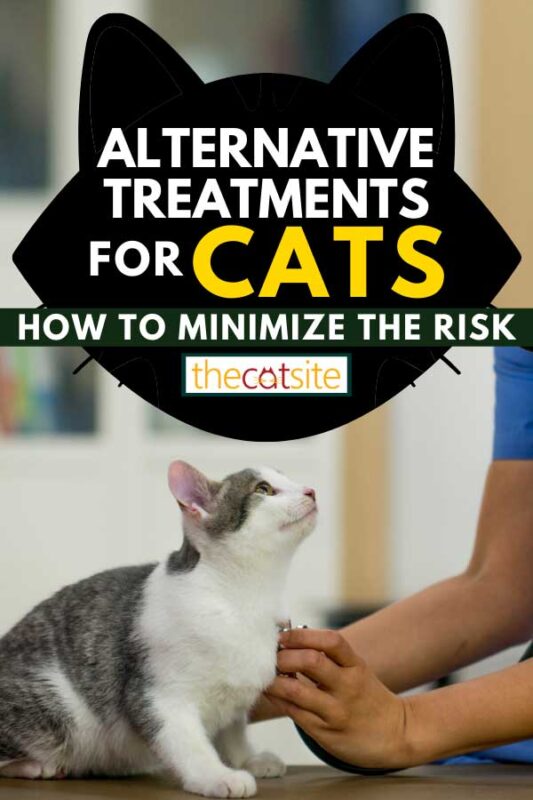
Unfortunately, there are many safety concerns when it comes to using alternative treatments for cats.
The good news is that by recognizing the risks, it is often possible to avoid them and use your preferred method of treatment safely.
Contents
Types of natural/alternative treatments
Veterinary medicine is a scientific discipline where treatments have to prove their efficacy in controlled studies. Treatments can be of various types, including surgery, medications, or nutritional guidelines.
Ideally, they need to have a significant body of evidence that shows both their efficacy and their safety. In other words, most - though not all - of the treatments your vet suggests would be evidence-based.
Alternative treatments are the ones that do not have a scientific body of evidence to support their efficacy.
Either they were never tested in controlled studies, or they were yet failed to show an effect more significant than that of placebo.
Some alternative treatments are backed up by a possible scientific explanation for how they work. For example, herbal supplements contain chemicals produced by the plant, some of which could potentially affect your cat's body.
The absence of controlled studies doesn't mean they don't work, only that they have not been thoroughly researched.
Other treatments, such as homeopathy or flower essences, have no known scientific mechanism to back up their claims.
Their raison d'etre is based on things like "energies" and other concepts that were popular when these methods were developed, back in the 18th century.
Either way, don't let the word "natural" lull you into a false sense of security. Mother nature can produce potent toxins, and there is nothing unnatural about bacterial contamination.
Before using any of these treatments, you have to understand the risks and make an effort to avoid them. Here's how.
Risk #1: Delaying veterinary care
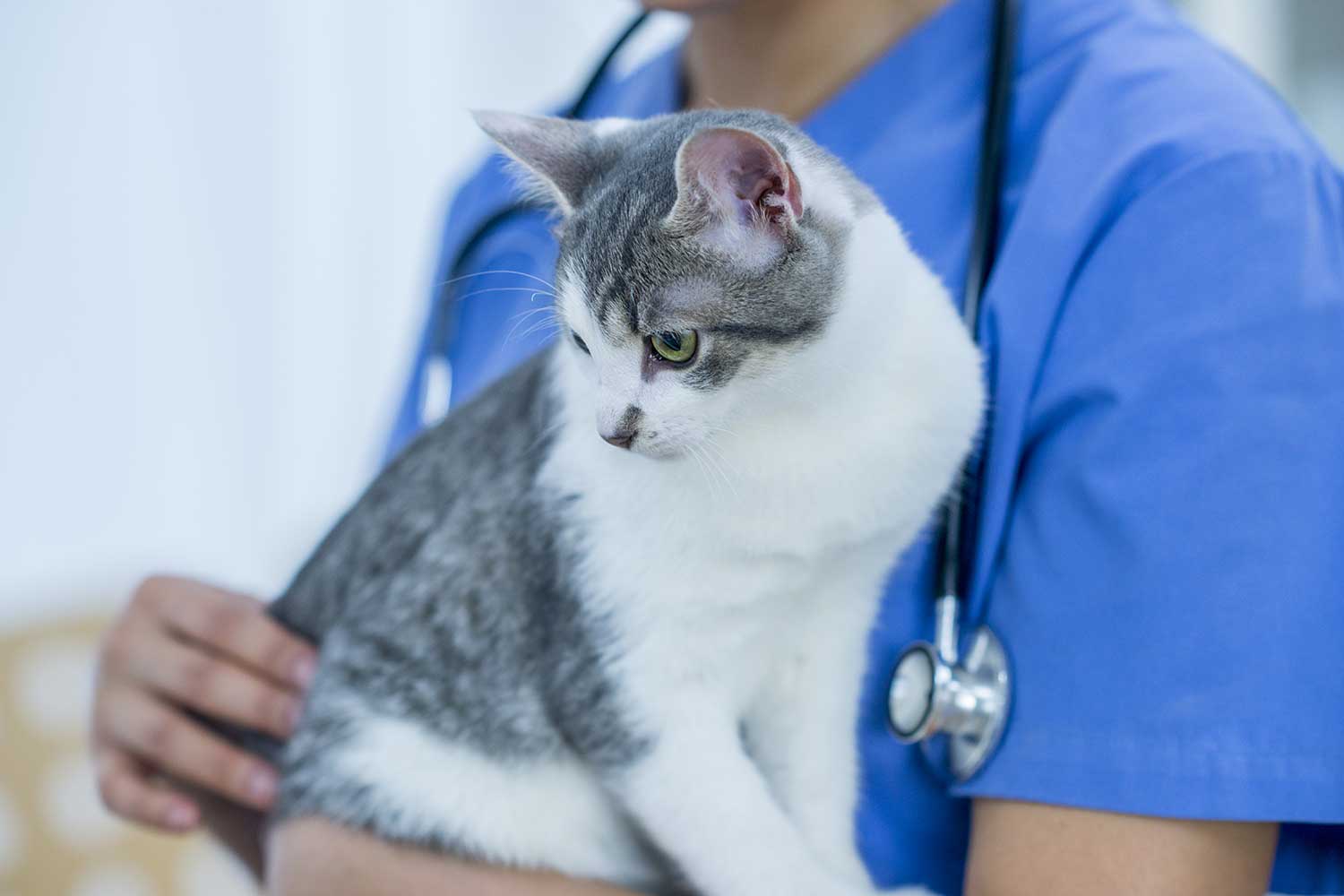
Delaying vet care is perhaps the most problematic aspect of using alternative treatments, but it's one that's not limited to them.
Every time you try to diagnose and treat a health problem on your own, you put your cat at risk. You may think that Kitty's respiratory symptoms indicate a viral herpes infection and try to treat it by supplementing her food with l-lysine.
In fact, the same symptoms could mean a bacterial infection, possibly a secondary one. Without the right type of antibiotics, her condition is likely to deteriorate.
It doesn't matter if you try to treat with OTC fish Moxy or a herbal supplement. Delaying veterinary diagnosis and treatment is a gamble you should never take.
How to avoid this risk -
Simple enough. Don't try to diagnose and treat a pet on your own.
Take your cat to a qualified veterinarian and let him or her conduct a full physical evaluation and other tests as needed.
If you're unhappy with the diagnosis and think your vet is wrong - which could happen - seek a second opinion from another veterinarian. Trying to diagnose a cat on your own is risky, and delaying treatment can be dangerous.
SIGN UP FOR THECATSITE'S EMAIL UPDATES >
Risk #2: Active ingredients that could harm your cat
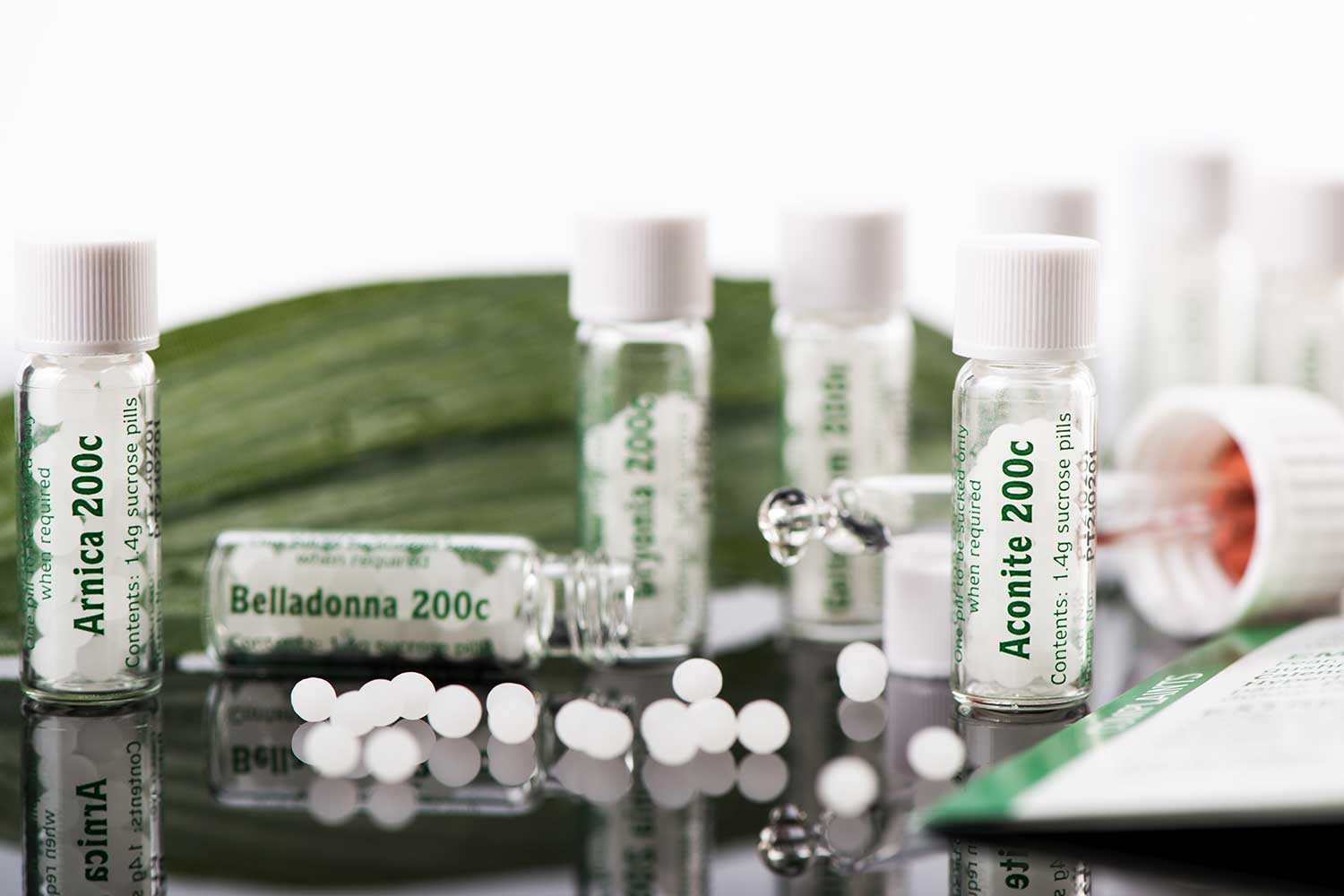
Herbal supplements, including many types of Chinese medicine, contain plant-produced chemicals and compounds.
While these may have a beneficial effect, like all drugs, they are not devoid of risks and can have side effects.
Keep in mind that some substances are harmless to humans yet toxic to cats. The delicate feline liver can't break down some of the chemical compounds that our liver can.
Take something as simple as garlic. You would have a hard time poisoning a human being with garlic, but it's far more toxic for cats. The same is true for many spices and herbs.
Toxic effects could be immediate or long-term, so just because your cat doesn't seem to have adverse reactions, this does not mean the treatment is safe in the long term.
What's more, with herbal remedies, the amount of actual active ingredient is usually unknown.
The concentration of the chemicals and compounds varies according to the plant's strain and environment.
Changes in sunlight, water intake, and type of soil can all affect the plant's development and the resulting concentration of active ingredients.
How to avoid this risk -
Always consult with your veterinarian to make sure it's safe. Do your additional due diligence and carefully check every herbal treatment before giving it to your cat.
The Pet Poison Hotline website has a list of poisons that covers some herbs and plants as well.
Risk #3: Other ingredients that could harm your cat
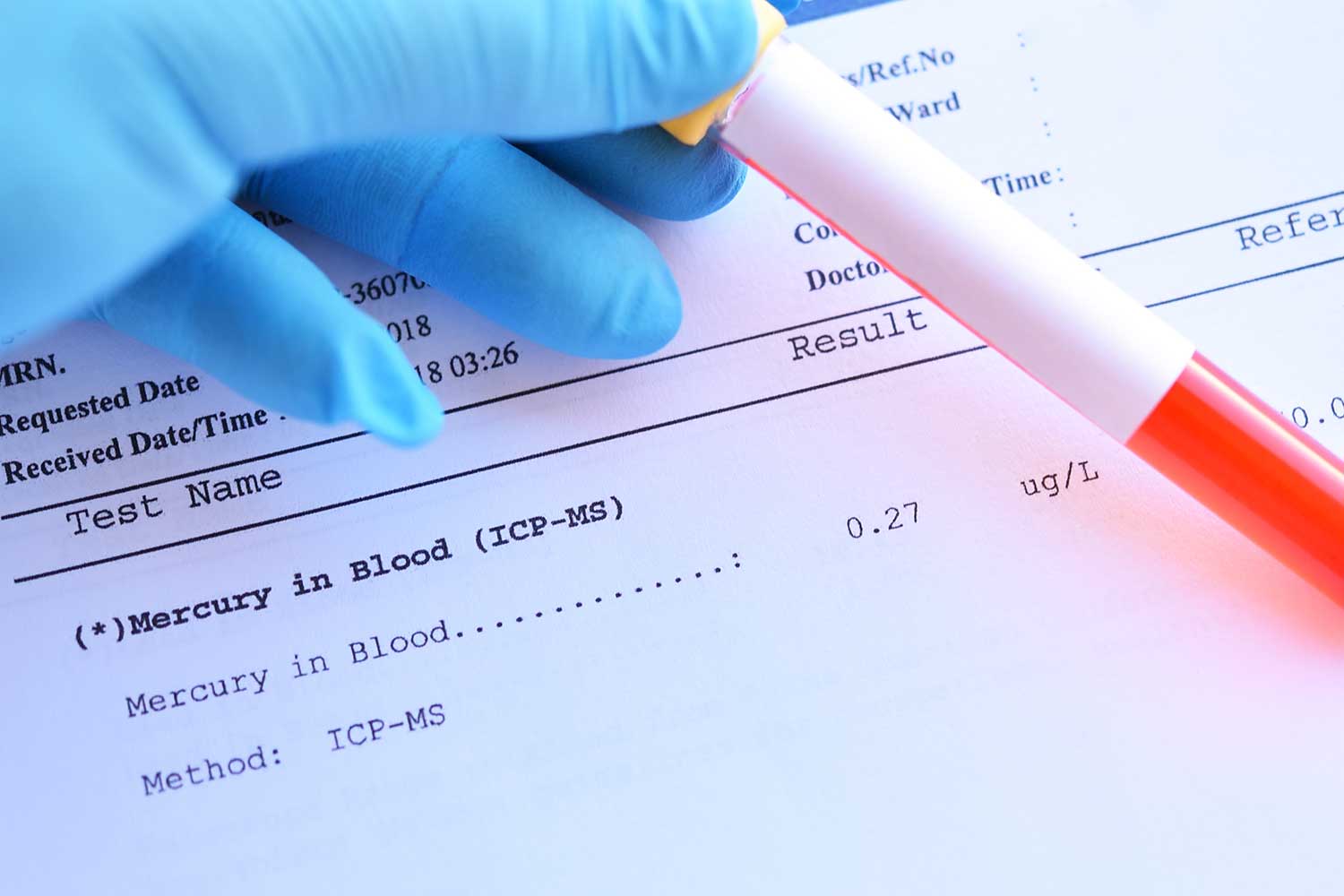
Sometimes, the active ingredients may be harmless, or even non-existent - as in the case of homeopathy - but other substances in the remedy can hurt your cat.
For example, alcohol used in the preparation of some homeopathic remedies is toxic to cats. Sugar and salt used in homeopathic pills can also be harmful to your cats, depending on the dosage and the cat's condition.
Prof. Danielle Gunn-Moore, who teaches feline veterinary medicine at the University of Edinburgh, told us of a case where a diabetic cat was treated with homeopathic pills.
The pills were made of sugar, severely affecting the cat's blood sugar levels and nearly killing him. In another case, a cat almost died due to the high salt content in homeopathic pills.
How to avoid this risk -
Generally, avoid preparations that were made for humans or other pets and stick to those that are made specifically for cats. Research every pill and remedy and make sure they contain no alcohol, sugar, or salt.
Risk #4: Getting the dosage wrong
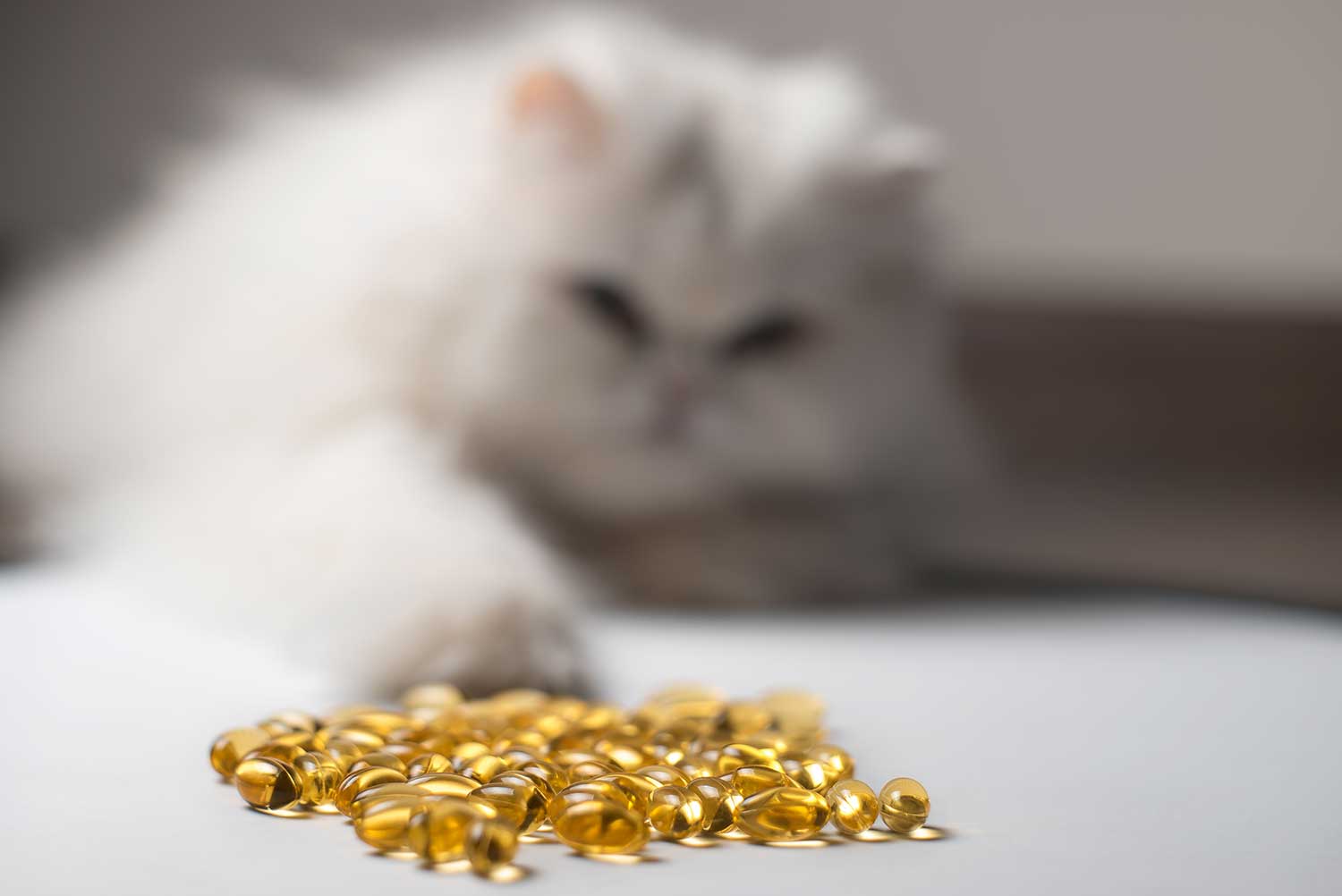
Sola dosis facit venenum - or "the dose makes the poison" - is a fundamental principle in toxicology. A substance can be safe in a specific dose yet lethal in a higher one.
This principle applies to humans too, but even more so to cats, with their small body weight and sensitive liver. Getting the dosage wrong with any medication can be dangerous, and this holds for herbal treatments and even nutritional supplements.
Prof. Gunn-Moore shared with us the story of two young cats who presented what appeared to be a form of lymphoma - a cancer of the lymph nodes. It was a strange presentation, typical in dogs but rarely seen in cats.
Further investigation revealed the cause: The cats' owner liberally added a herbal supplement called echinacea to the cats' drinking water. She had hoped to strengthen their immune system but instead sent their lymph nodes into a frenzy.
Once supplementation stopped, the cats gradually returned to good health.
How to avoid this risk -
Research the appropriate dose for cats and stick to it. When consulting with your vet about the safety of an alternative treatment, ask about the dosage too.
Don't assume that any dosage is safe just because the treatment is labeled as "natural."
Risk #5: Drug Interactions and Contraindications
Just as every medication has a list of contraindications and drug interactions, so do most alternative or holistic treatments.
Contraindications refer to health conditions that affect the treatment, putting the patient at a particular risk.
For example, some treatments are not suitable for cats with diabetes, a chronic kidney disease, or possibly for kittens or senior cats.
Drug interactions refer to a clash between two medications. Some medications should not be taken together, and the same is true for alternative treatments and nutritional supplements.
How to avoid this risk -
Even if you're convinced that a treatment is safe for an average healthy cat, be cautious when applying it to kittens, older cats, or cats with any background disease.
Consult with your vet and make sure the treatment does not contradict any medication that your cat is already on.
Risk #6: Heavy metals and toxins
Arsenic, lead, mercury and other harmful substances are often found when testing herbal medicines, especially those originating from China, as this report indicates -
There are several factors that may contribute to the safety concerns of Traditional Chinese Medicine products: the intrinsic toxicities of herbs, environmental contaminations (such as air pollution, soil contaminations, and heavy metals), cultivation practices (such as pesticides, fungicides, heavy metals, microorganisms, and endotoxins), and manufacture processing and handling (including storage, additives, microorganisms, endotoxins, and human adulteration).
These substances can be present in small amounts, small enough for a human to ingest without apparent immediate damage.
However, a cat's small body and delicate liver may have a hard time dealing with any of these contaminants in smaller amounts.
How to avoid this risk -
This one is hard to avoid. Unless you send the exact batch of the product you use for expensive lab testing, you have no way of knowing if it's contaminated.
The only thing you can do is use the products of reputable manufacturers and hope for the best.
Risk #7: Biological Contamination
Industry standards for pharmaceutical preparations require the products to be sterile and free of bacterial or fungal contamination. Ideally, the same should be expected of alternative medicines.
Traditionally, alcohol is used as the base of most homeopathic remedies for its preservatives qualities but it's rightfully absent in pet preparations.
If you're using a homeopathic product for pets, find out what kind of preservatives are used. None? Then the chances of bacterial contamination are high.
How to avoid this risk -
Stick to preparations made by reputable companies. Once you open the bottle, keep it refrigerated, and don't use the product beyond the expiry date.
If it has no expiry date, don't use it, to begin with, as it should have one. If your cat experiences any symptoms of food poisoning, such as diarrhea or upset stomach, contact the manufacturer to report the problem.
It may not help your cat, but hopefully improving their standards could save other pets from suffering.
Risk #8: Creating a nutritional imbalance
Using nutritional supplements may seem harmless but it really isn't.
Some substances are beneficial to your cat's body, yet given in excess could cause an imbalance, leading to health problems. This is especially true for kittens, pregnant cats, sick cats and seniors.
How to avoid this risk -
Do not supplement your cat's diet unless instructed by your veterinarian to do so.
Consult with your vet before trying new supplements to make sure it's not harmful to your cat and make sure that you have the right dosage.
Nutritional Supplements: Does Your Cat Really Need Them?
Nutritional supplements for pets seem to be everywhere these days and there are many products made specifically for cats.
There is also a large range of products, from the more ordinary vitamin pills and calcium tablets to Brewer's yeast, cod liver oil and even exotic shark cartilage.
Manufacturers will tell you that their supplements are essential for keeping your cat in good health, but is that really so? Should we as cat owners add the extra vitamins, minerals and other nutrients to our cats' diet?
Types of Supplements
Commercial nutritional supplements come in a variety of forms and names. Some simply contain one essential nutrient or a synthetic combination of several.
This group includes calcium, multi-vitamins, and taurine supplements.
Other products contain extracts of some natural substance, which is said to have a beneficial or therapeutic effect. These supplements include garlic, brewers yeast, and cod liver oil.
Does My Cat Need Nutritional Supplements?
Feline nutrition experts seem to agree that good quality cat food has more than enough of all the nutrients your cat needs.
In the past couple of decades, pet food companies have managed to reach optimal formulas for cat foods. These formulas have been thoroughly tested to make sure they make a complete and well-balanced diet.
Furthermore, some nutrients can actually be harmful if given in excess. When overdosed, some nutrients can either be toxic in themselves or they can prevent the absorption of other essential substances and lead to serious nutritional deficiencies.
Indeed, there are life stages where regular cat food formula may be inadequate. Kittens, pregnant and lactating cats, elderly and sick cats may all need a different balance of nutrients.
However, even then, in most cases, it is best to switch to the right cat food formula rather than try and supplement regular cat food.
Numerous cat food formulas are available for different life stages as well as for most medical conditions (though you may need to get the rare ones from your vet).
These formulas have a different balance of nutrients, which has been tried and tested for these particular conditions.
When You Should Use Nutritional Supplements for Your Cat
There are cases when you actually should supplement your cat's diet with some extra nutrients. This usually happens if the cat suffers from a deficiency in one or more nutritional substances.
The following conditions may require the need for supplementation:
- Cats that have been fed dog food or low-quality cat food for some time.
- Cats that are recovering from a particular medical condition.
- Cats that are fed an imbalanced homemade diet.
Remember, even if you suspect that your cat suffers from a nutritional imbalance you should always consult your vet before giving any supplements.
The same is true if when you want to try some alternative natural approach to treating your cat, which involves supplementing her food.
Even totally natural products can be harmful to some cats.
If you feel that your vet is too conservative in her or his approach, you may want to try looking for a qualified vet that specializes in alternative medicine for pets.
Using a natural approach - safely
Just because something was manufactured in Mother Nature's plants (pun intended!), doesn't mean it's safe or beneficial for your cat.
Evaluate any treatment and don't give your cat anything under the false premise of "it can't hurt to try". The truth is, it can.
Your veterinarian is your ally. If you're a fan of alternative treatments, find a veterinarian who knows the field and can help you make safe choices for your cat.
Don't follow the online marketing hype. Research everything and keep in mind the safety concerns detailed above.
Ask yourself the following -
- Is this product manufactured by a reliable and reputable company?
- Has this product been tested for possible contamination?
- Could the active ingredients in this product be harmful to my cat?
- What is the concentration of the active ingredient? If the seller doesn't know, don’t use it.
- Does this product contain alcohol, sugar, or salt?
- Could this product interact with other treatments my cat is taking?
Talk to your vet about the pros and cons of any treatment for your cat - natural or not - and don't forget to discuss dosage as well. Sticking to these rules can help you provide the best possible health care for your cat.
SIGN UP FOR THECATSITE'S EMAIL UPDATES >
Comments? Leave them using the form below. Questions? Please use the cat forums for those!
Note: We may get commissions for purchases made through links on this page.

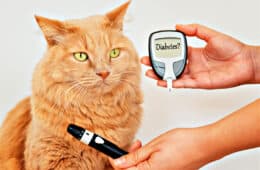
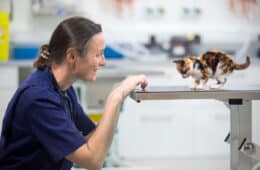
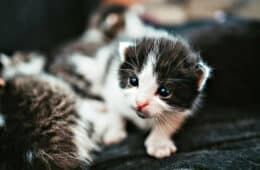
9 comments on “Are Alternative Treatments Safe For Cats?”